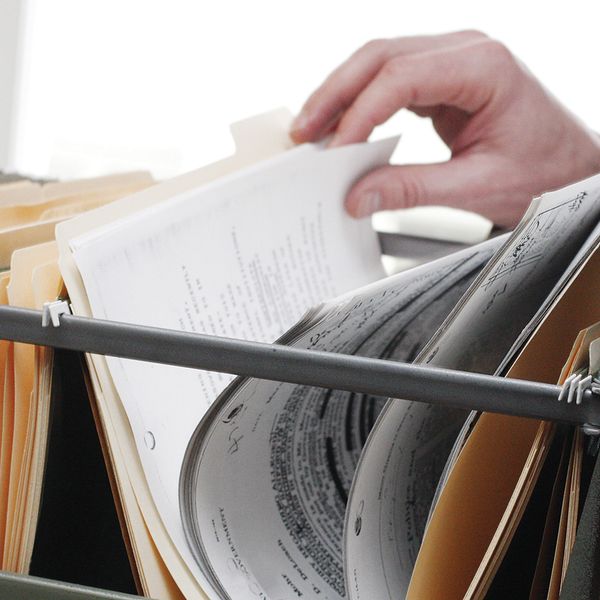5 DOT records you may have overlooked
Paper can be expensive, especially when it’s missing.
A Maine motor carrier recently learned this lesson the hard way when it was forced to pay a fine of nearly $600 for missing a document from its drivers’ files.
That may seem like a pittance, but the company got off lucky. The potential fine for missing any required document is nearly $1,500 per day per document, as set by the Federal Motor Carrier Safety Administration (FCMSA).
The FMCSA requires motor carriers to keep a long list of documents. Such records are the only way to prove compliance with driver qualification, hours of service, vehicle maintenance, and other mandates.
Often overlooked
It’s not surprising that some motor carriers lose track of, or overlook, documents that an FMCSA auditor may ask to see. The following lesser-known documents may not be on your radar, but failing to have them could be a costly mistake.
- PSP consent forms — The Pre-Employment Screening Program (PSP) lets you purchase a driver’s safety record during the hiring process. Before you can get a PSP record, however, you must have the driver sign a specific “disclosure and authorization” form. Getting PSP reports is optional, but if you do then you must keep the signed consent form for at least three years – even if you don’t hire the driver! If you’re selected for a PSP audit, the FMCSA will email you asking for up to three specific consent forms. You can be penalized if you don’t have them.
- Initial MVRs — When you hire a new driver, you are required to obtain, within 30 days, a motor vehicle record (MVR) from each state where that driver was licensed in the past three years. Those MVRs must then be kept for the duration of that driver’s employment plus another three years. Motor carriers commonly discard those initial MVRs too soon, perhaps treating them like annual MVRs that only have to be kept for three years total. Be sure to hold onto those initial MVRs for the length of your drivers’ files.
- Inspector qualifications — You need documentation “proving” that the people doing your annual (periodic) inspections and your brake work are qualified to perform those tasks. For brake inspectors, this applies only if you actually have them on your payroll. For annual inspectors, it applies to anyone who does your inspections, no matter who they work for. Sections 396.19 and 396.25 lay out the requirements. You need to keep this documentation on file until one year after the individual stops performing inspections or brake work for you.
- Passenger authorization — If you allow a driver to bring a passenger along to ride in one of your commercial motor vehicles, you must first grant authorization, and it has to be in writing. (This does not apply to bus passengers, any employees that you assign to be in the vehicle, or anyone transported in an emergency.) The authorization document needs to include the name of the passenger, the points where the transportation is to begin and end, and the date when the authorization expires. The driver doesn’t need to carry the document, but you do need to have it on file and you may be asked to produce it for inspection. The rules don’t say how long to keep it, but at least one year is recommended.
- Engine changes — An obscure recordkeeping rule (found in Appendix A to Part 379) requires motor carriers to keep a record of all motor and engine changes until three years after the vehicle is disposed of. This can be especially important for any vehicle taking advantage of the electronic logging device (ELD) exception for engines from a pre-2000 model year. To satisfy this requirement, be sure to keep records from the engine installer, engine dealer, or engine manufacturer that confirm the engine year and the date it was replaced.
Conduct internal auditing and make sure you have these and all other FMCSA-required documents on file, for the proper length of time.
Keep in mind that even if a DOT auditor doesn’t penalize you for missing certain documents, a jury or judge just might.
Find a list of all FMCSA-required documents here: FMCSR Recordkeeping Requirements
Key to remember: FMCSA auditors rely on you to keep all required records, even those that may be rather obscure. Missing documents can result in hefty fines.
























































